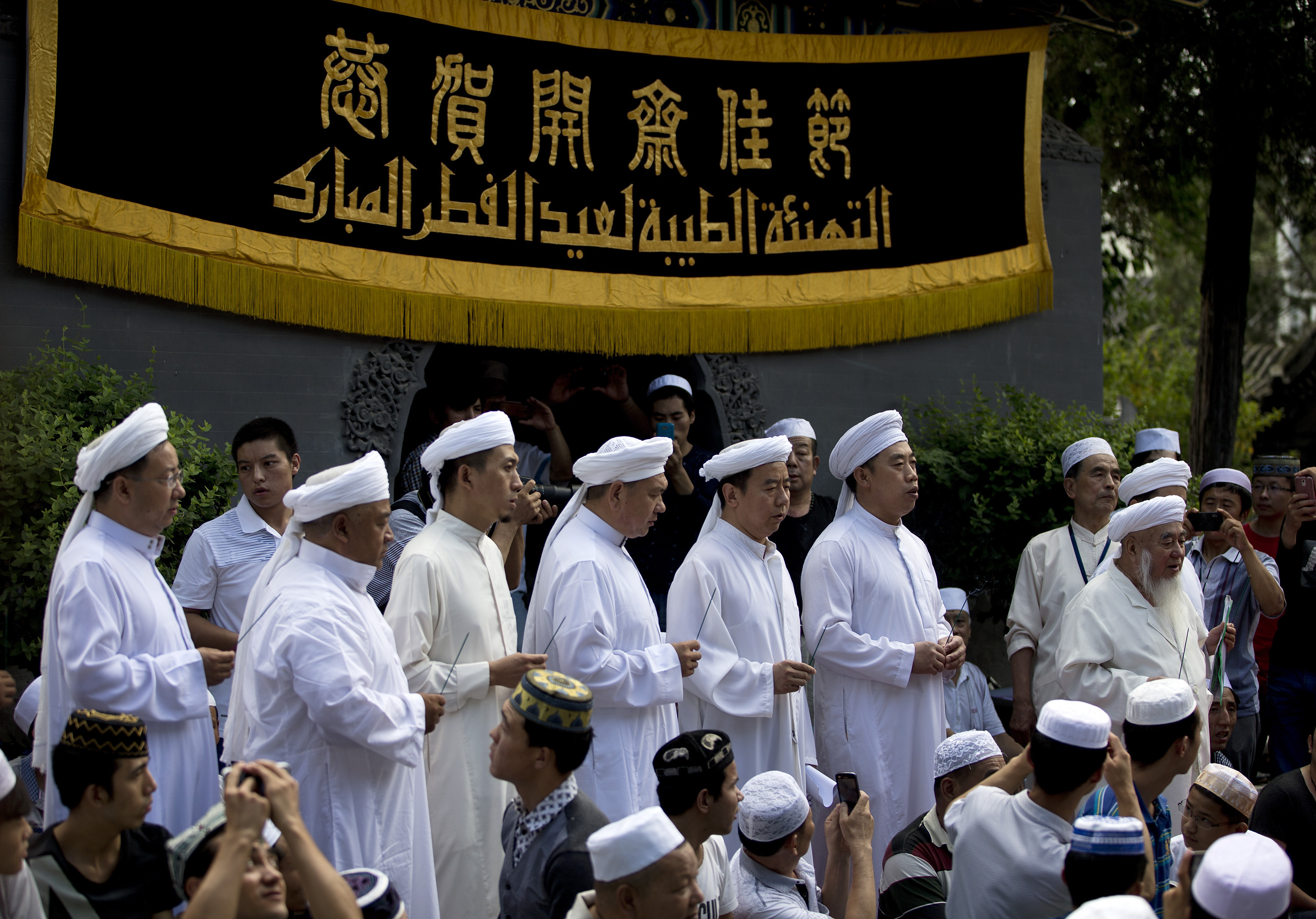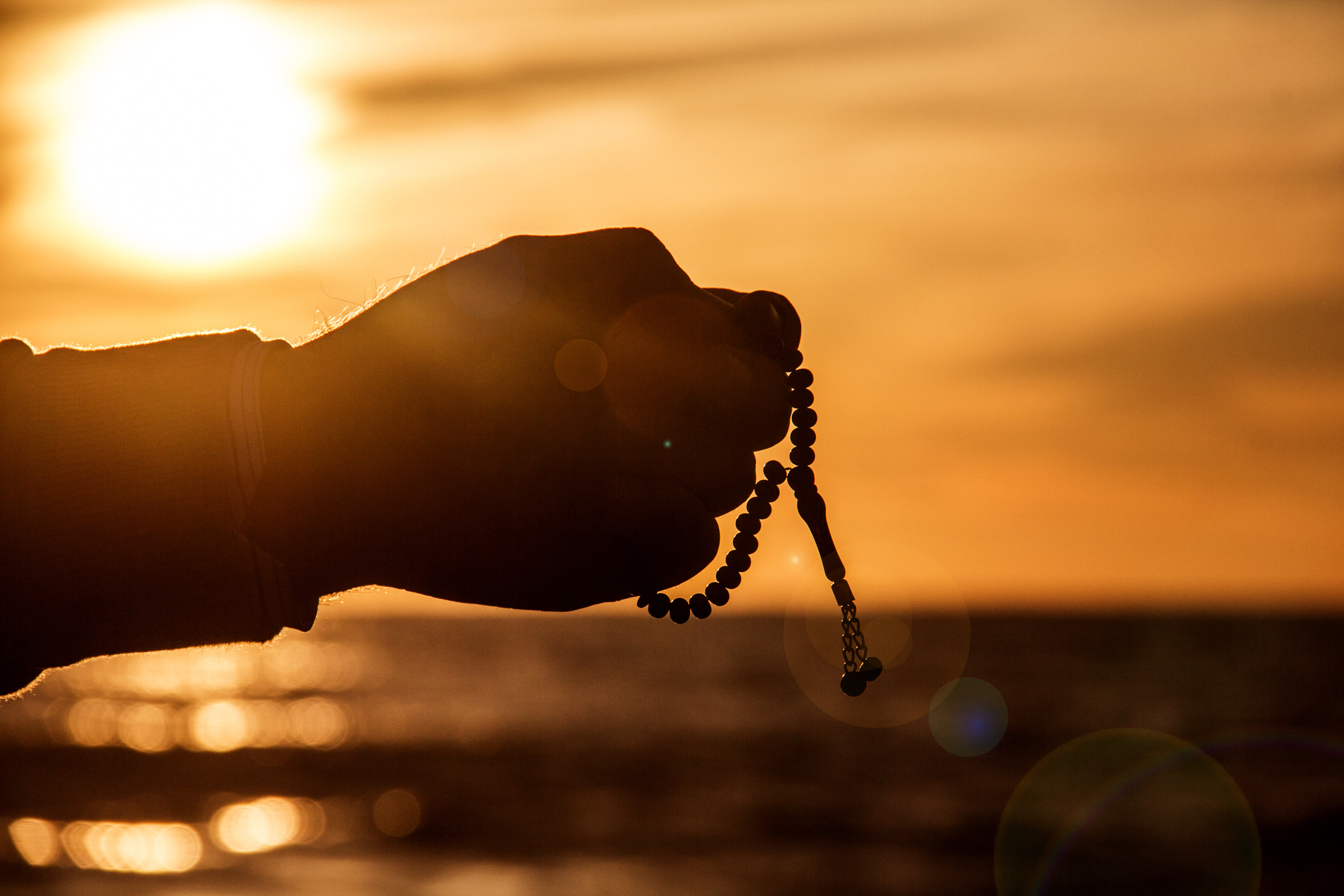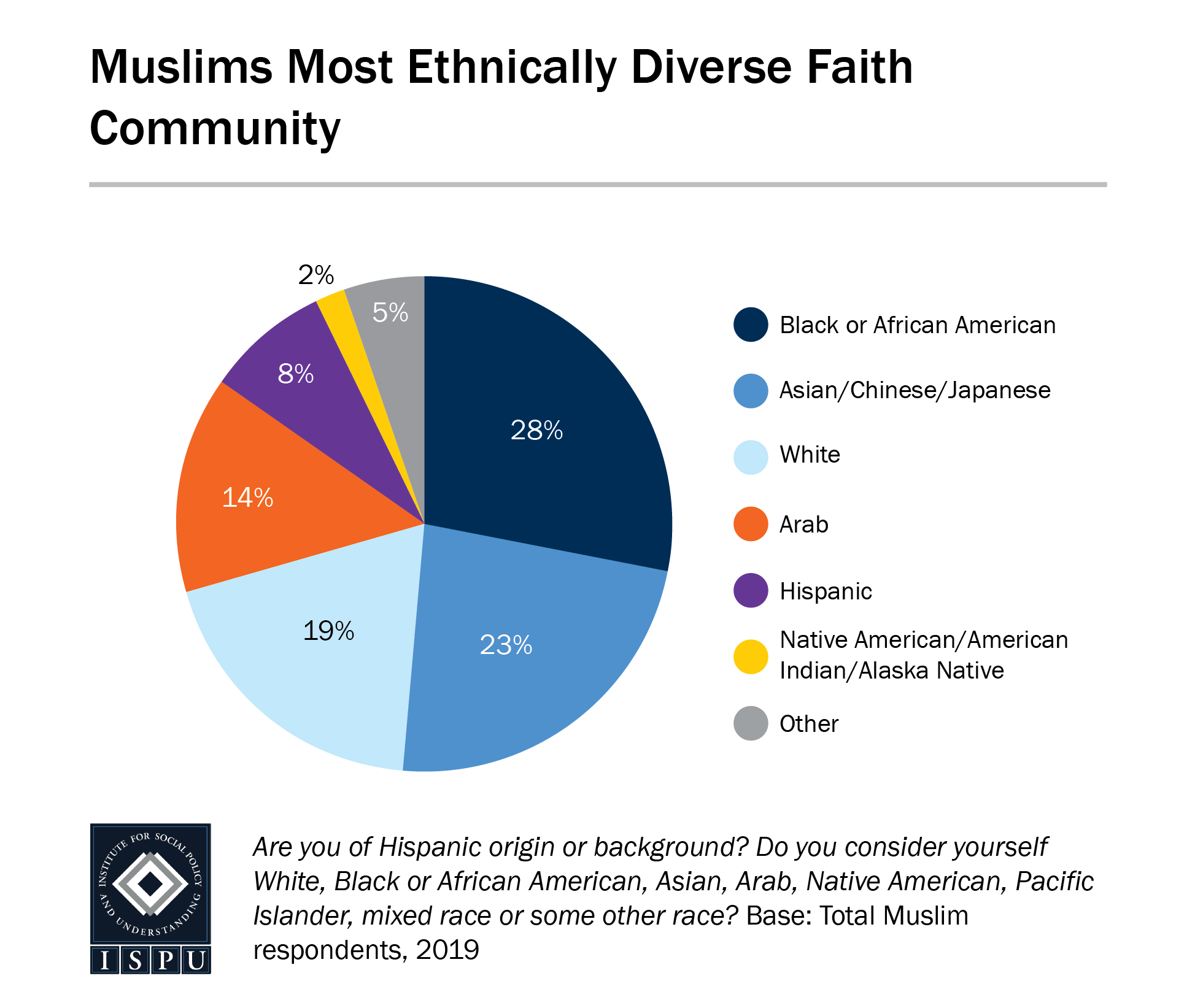The Muslim: A Journey Into Faith And Identity
Intrigued by "The Muslim: A Journey Into Faith And Identity"? Renowned author Jamal Kirwan's book "The Muslim: A Journey Into Faith And Identity" offers an intimate exploration into the multifaceted nature of Muslim identity.
Editor's Note: Given the significant role of Muslims in shaping cultural narratives and social understanding, "The Muslim: A Journey Into Faith And Identity" is a timely and essential read for anyone seeking a deeper comprehension of the Muslim experience.
To assist you in navigating this important topic, we have meticulously analyzed "The Muslim: A Journey Into Faith And Identity" and distilled its key insights and takeaways. Our comprehensive guide will empower you to engage with the book's profound perspectives.
Key Points to Consider:

China’s Muslim Communities: ‘Under Maintenance’? | Middle East Institute - Source www.mei.edu
| Context | Impact |
| Addresses contemporary challenges faced by Muslims | Encourages a nuanced understanding of Muslim perspectives |
| Provides historical and cultural background | Promotes interfaith dialogue and cross-cultural exchange |
FAQ: Unraveling the Truths About Muslim Identity
This FAQ section aims to address common inquiries and misconceptions regarding the Muslim faith and identity. Through these questions and answers, we delve into the core beliefs, practices, and experiences of Muslims.

What Islam taught me about dying well | America Magazine - Source www.americamagazine.org
Question 1: What is the central tenet of Islam?
Islam emphasizes the absolute unity and sovereignty of God, known as Allah. Muslims believe that there is no deity worthy of worship except Allah, and that Muhammad is his final prophet.
Question 2: What does the Quran entail?
The Quran is the sacred scripture of Islam, believed to be the verbatim revelations of Allah to the Prophet Muhammad. It contains guidance on faith, morals, law, and social issues, serving as the primary source of Islamic teachings and practices.
Question 3: What are the Five Pillars of Islam?
The Five Pillars are fundamental practices that define Muslim identity and religious observance. They include: Shahadah (declaration of faith), Salat (daily prayers), Zakat (charity), Sawm (fasting during Ramadan), and Hajj (pilgrimage to Mecca).
Question 4: How do Muslims view other religions?
Islam recognizes and respects other monotheistic faiths, such as Judaism and Christianity. Muslims believe that there is one God who has sent messengers to all peoples at different times, and that these messengers include Jesus, Moses, and Abraham.
Question 5: What is the significance of the hijab?
The hijab is a headscarf worn by many Muslim women as a symbol of modesty and religious devotion. It is not mandatory for all Muslim women, but many choose to wear it as an expression of their faith and adherence to Islamic teachings.
Question 6: Are all Muslims terrorists?
The vast majority of Muslims are peace-loving and contribute positively to their societies. The actions of a small minority do not represent the beliefs and values of the entire Muslim population. It is essential to dispel stereotypes and promote understanding among people of all faiths.
In conclusion, this FAQ provides insights into the multifaceted aspects of Islam and Muslim identity. By addressing common misconceptions and highlighting key principles, we aim to foster greater awareness and respect for the diversity of religious beliefs.
Our journey into Muslim faith and identity continues in the article's main section.
Tips
The following tips are derived from The Muslim: A Journey Into Faith And Identity and offer guidance on understanding Islam and Muslim identity.
Tip 1: Educate yourself.
Read books, articles, and websites about Islam. Attend lectures and workshops. Talk to Muslims. By educating yourself, you will be able to better understand the faith and see beyond stereotypes.
Tip 2: Be respectful.
When interacting with Muslims, be respectful of their beliefs and practices. Avoid making generalizations or assumptions. Listen to what they have to say and ask questions. By being respectful, you can create a positive and open environment.
Tip 3: Be patient.
Understanding Islam and Muslim identity takes time. Don't get discouraged if you don't understand everything right away. Keep learning and asking questions. Over time, you will come to a better understanding.
Tip 4: Be open-minded.
Be willing to learn about Islam from a variety of sources. Don't dismiss anything simply because it doesn't fit with your own beliefs. Keep an open mind and be willing to consider new ideas.
Tip 5: Be humble.
Recognize that you don't know everything about Islam. Be willing to admit when you don't understand something. By being humble, you can create a space for learning and growth.
By following these tips, you can better understand Islam and Muslim identity. Be respectful, be patient, be open-minded, and be humble.
These tips will help you create a positive and open environment for learning and growth.
The Muslim: A Journey Into Faith And Identity
The Muslim faith is a multifaceted and dynamic religion that continues to shape the lives of millions worldwide. Six key aspects that define the Muslim identity are:
- Belief: Fundamental tenets and practices based on the Quran and Sunnah.
- Worship: Acts of devotion, including prayer, fasting, and pilgrimage to Mecca.
- Community: Strong sense of belonging and support within the Muslim ummah.
- Diversity: Wide range of interpretations and practices across different cultures and regions.
- Challenge: Facing misconceptions, discrimination, and the search for authenticity amidst modernity.
- Legacy: Rich history and contributions to civilization, arts, and sciences.

Muslim Mental Health Toolkit | ISPU - Source www.ispu.org
These aspects are interconnected and constantly evolving, shaping the identity of Muslims throughout their lives. From the fundamentals of belief to the challenges of living in a diverse world, the Muslim faith provides a framework for meaning, community, and spiritual growth.
The Muslim: A Journey Into Faith And Identity
Exploring the connection between "The Muslim: A Journey Into Faith And Identity" reveals the book's deep dive into the complexities of religious identity. By examining the author's personal journey to embrace Islam, the work offers a nuanced understanding of faith, culture, and society's impact on Muslim identity.

Eucharistic Miracles Course - Source sfarchdiocese.org
Furthermore, the book examines the challenges and opportunities faced by Muslims living in a post-9/11 world, providing invaluable insights into the modern Muslim experience. By weaving together personal stories, historical context, and sociological analysis, "The Muslim: A Journey Into Faith And Identity" sheds light on the multifaceted nature of religious identity in the contemporary era.
Understanding the connections explored in "The Muslim: A Journey Into Faith And Identity" is crucial for fostering interfaith dialogue and promoting tolerance. The book's insights can equip readers to engage respectfully with the diverse perspectives and experiences within the Muslim community.
| Key Concept | Connection |
|---|---|
| Faith and Identity | Exploration of the intricate interplay between personal beliefs and cultural influences in shaping Muslim identity. |
| Post-9/11 Muslim Experience | Delving into the challenges and opportunities encountered by Muslims in a post-9/11 world. |
| Interfaith Dialogue | Providing a platform for respectful engagement and understanding among different faiths. |
Conclusion
Through its exploration of the connections between faith, identity, and society, "The Muslim: A Journey Into Faith And Identity" offers a profound understanding of the complexities of religious experience. The book's insights invite readers to reflect on the nuances of Muslim identity and the importance of interfaith dialogue in fostering tolerance and understanding.
As the world continues to grapple with issues of religious identity and cultural diversity, "The Muslim: A Journey Into Faith And Identity" remains a valuable resource for promoting meaningful conversations and building bridges between different communities.
The Awe-Inspiring Power Of Uusi Myrsky: Unlocking Innovation And Sustainability, Platense Vs Alianza: Clash Of Honduran Giants In Liga Nacional Match, Human Rights And Justice: A Foundation For Equitable Societies, Hamza Mathlouthi: Tunisian Goalkeeper With International Acclaim, Mesut Kurtis - Zemherimi Mevsimlere Böldüm (Official Music Video), Arenaskolen: A Comprehensive Guide To Sustainable Education In Denmark, USA Gronks: A Comprehensive Guide To Gronkowskis In The NFL, Mario Šoštarić: Premier Croatian Footballer And Bundesliga Legend, Juanpis Live Show Takes Over The Movistar Arena: Unforgettable Night Of Humor And Laughter, Colombia's Upcoming Football Fixtures: Key Dates And Match Information,